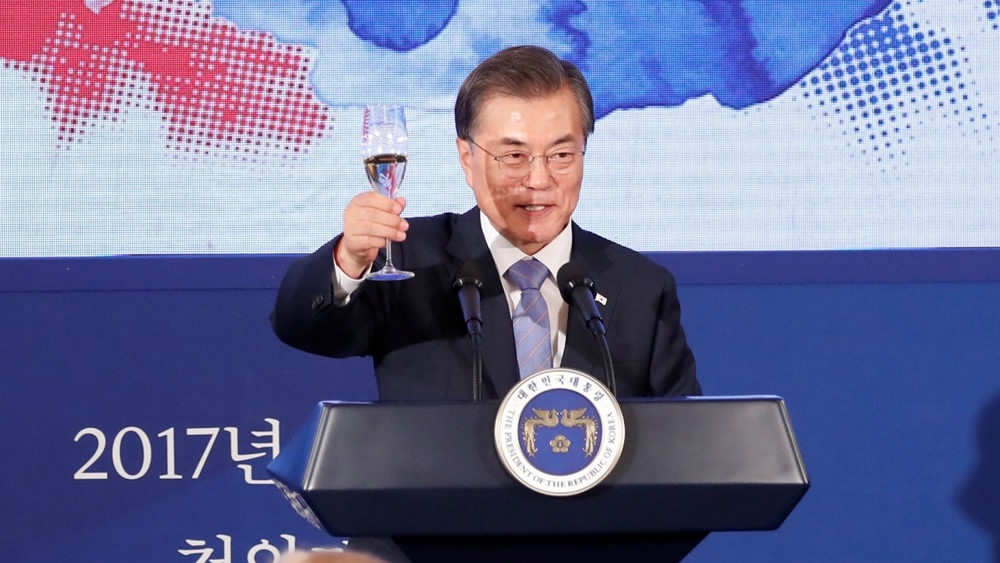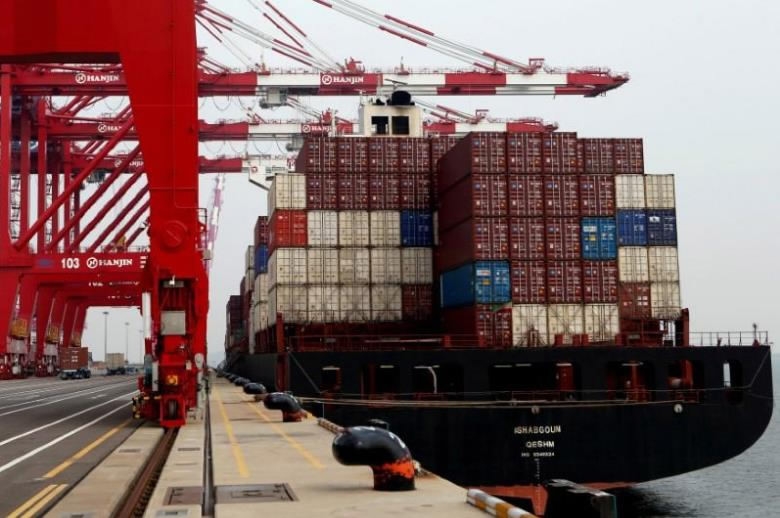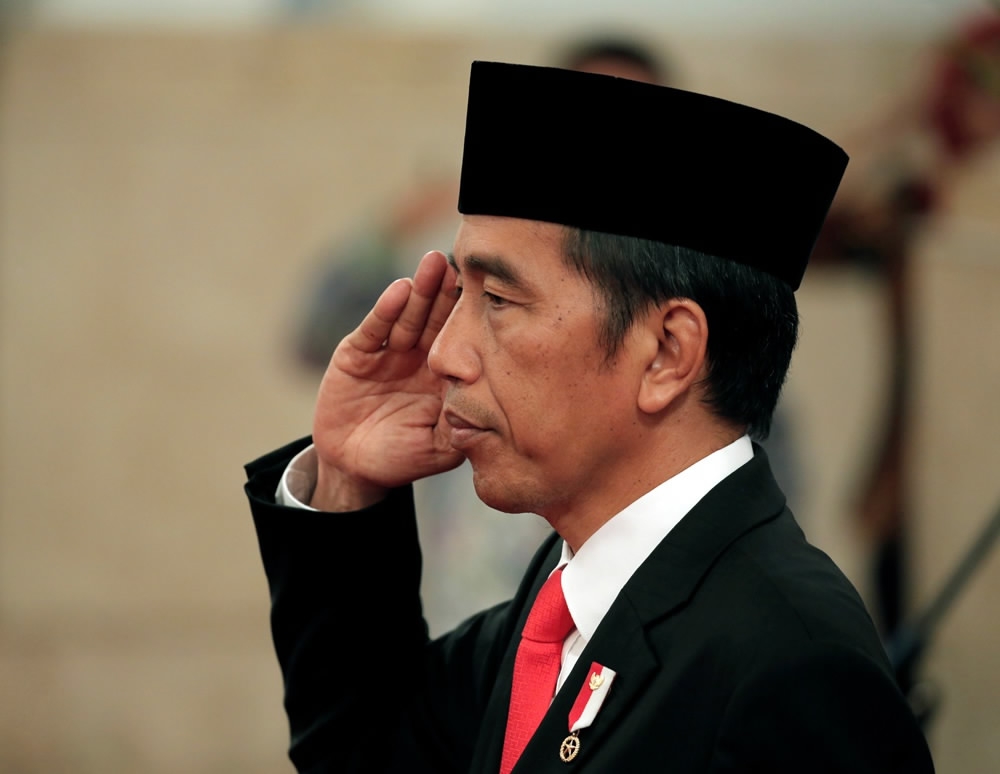
Politics
17:47, 09-Nov-2017
South Korea unveils Southeast Asia policy to diversify ties
CGTN

South Korean President Moon Jae-in on Thursday unveiled a new policy aimed at deepening ties with Southeast Asia. The "New Southern Policy," aims to better connect South Korea to the Association of Southeast Asian Nations (ASEAN) and expand the economic influence of Asia's fourth-largest economy in the region home to over half a billion people.
Moon made Indonesia, Southeast Asia's biggest economy, his first state visit to the region and was accompanied by a delegation of around 200 business leaders.
"Korean diplomacy in Asia has been more towards Japan, China and Russia. But I see that it should expand to new horizons and Indonesia has good prospects," Moon said in opening remarks at a business forum.

Giant cranes at the Hanjin Shipping container terminal at Incheon New Port in Incheon, South Korea, September 7, 2016. /Reuters Photo
Giant cranes at the Hanjin Shipping container terminal at Incheon New Port in Incheon, South Korea, September 7, 2016. /Reuters Photo
During a joint news conference with US President Donald Trump this week, Moon said he was aiming for a more "balanced diplomacy," which would include Russia, ASEAN countries, and members of the European Union.
South Korea's presidential Blue House has said the policy will mirror Moon's "New Northern Policy" aimed at expanding cooperation between China, Japan, Russia and Mongolia. Moon announced that in September while at the East Economic Forum in Russia.
Indonesia and South Korea signed a memorandum of understanding to develop a light rail transit (LRT) system, Indonesia's Industry Minister Airlangga Hartarto said.
South Korea's Yonhap news agency said the project in Jakarta was part of a series of MOUs worth up to $1.9 billion due to be signed.

Indonesian President Joko Widodo. /Reuters Photo
Indonesian President Joko Widodo. /Reuters Photo
Moon is due to meet Indonesian President Joko Widodo at a state palace in Bogor, south of Jakarta, later on Thursday for talks and then a state dinner. The two are due to discuss infrastructure, trade, and also tensions on the Korean peninsula.
Indonesia has traditionally had good relations with the Democratic People's Republic of Korea (DPRK) and maintains diplomatic ties and is one of a small number of countries with an embassy in Pyongyang.
5237km
Source(s): Reuters

SITEMAP
Copyright © 2018 CGTN. Beijing ICP prepared NO.16065310-3
Copyright © 2018 CGTN. Beijing ICP prepared NO.16065310-3